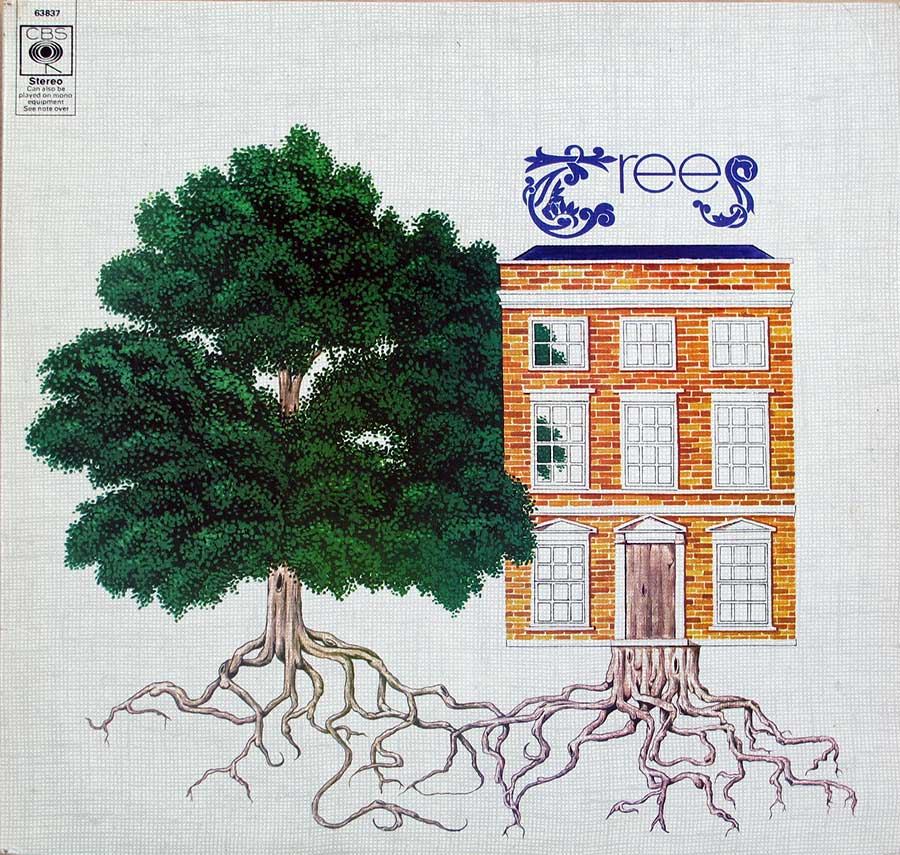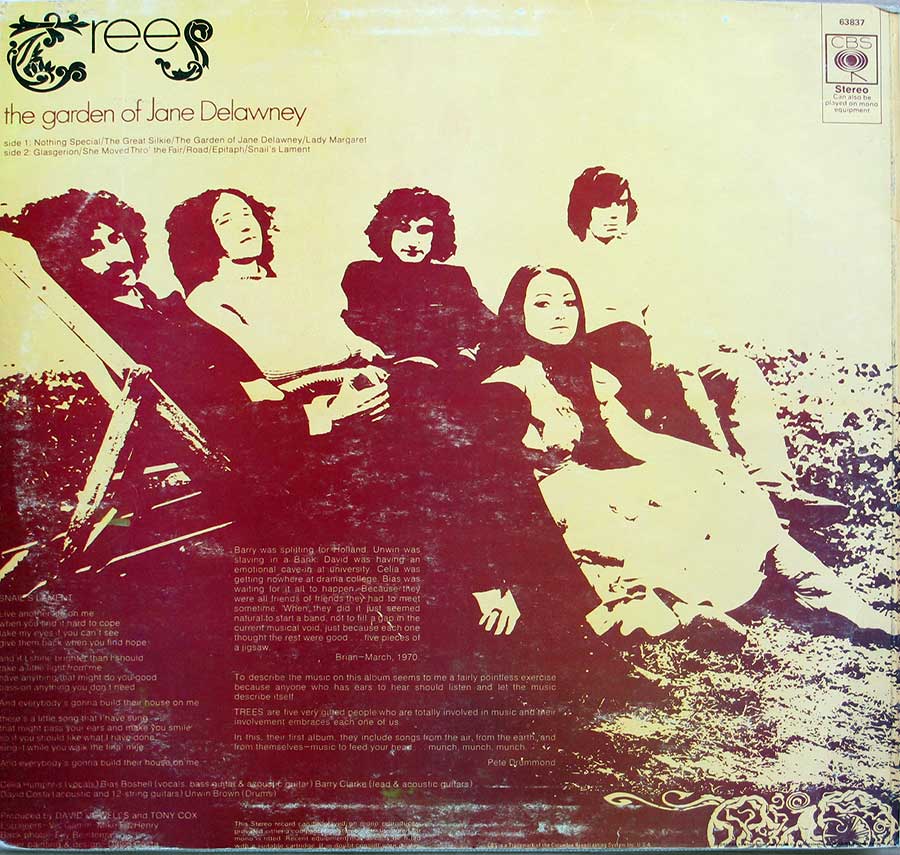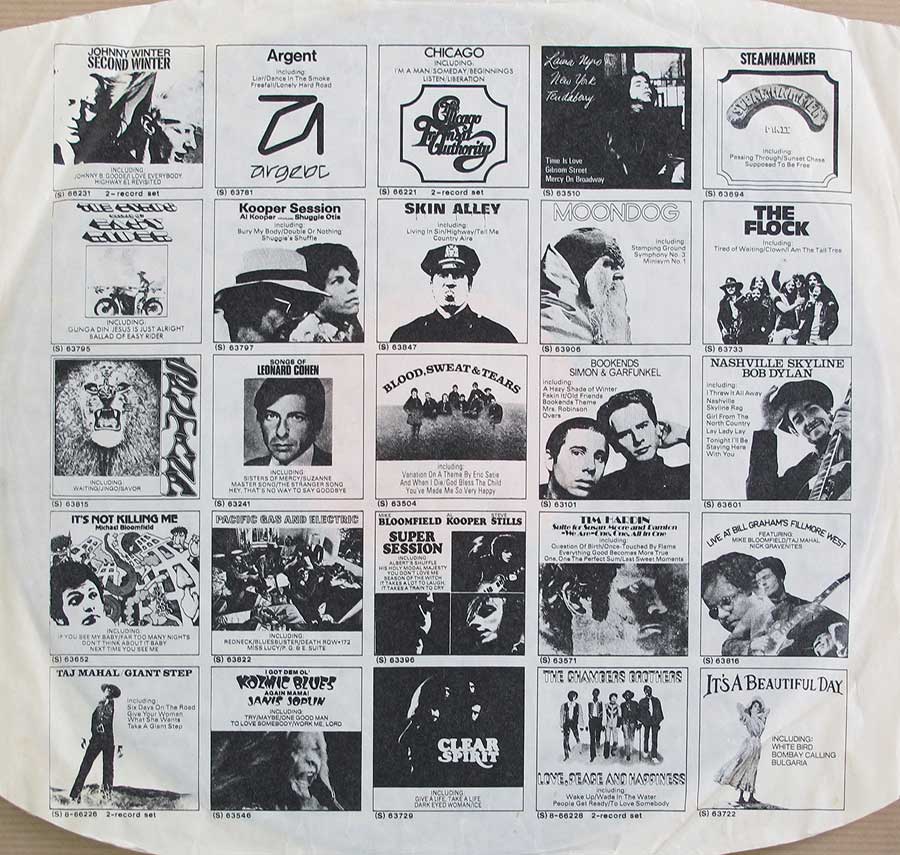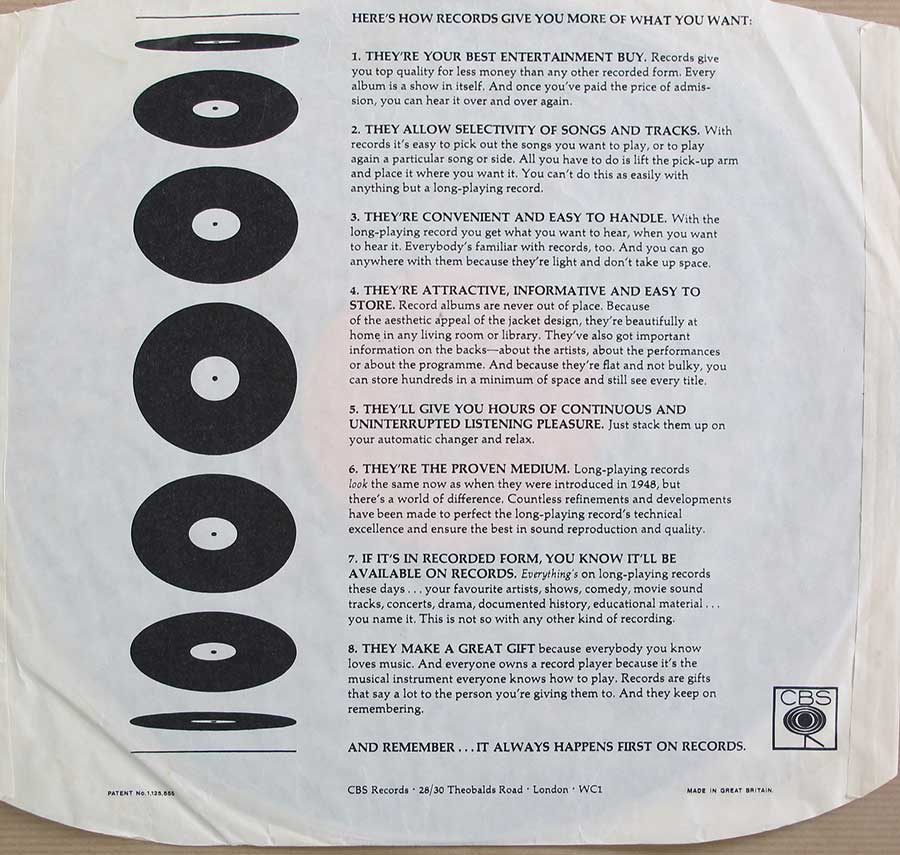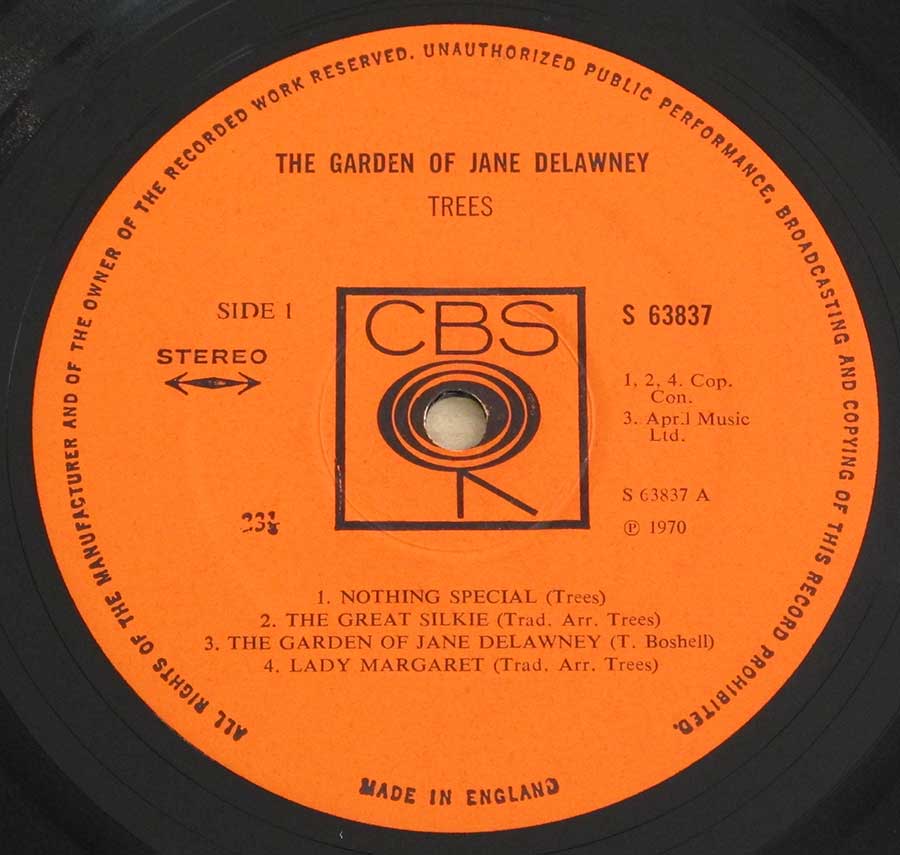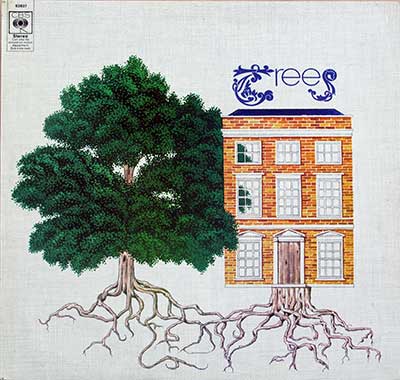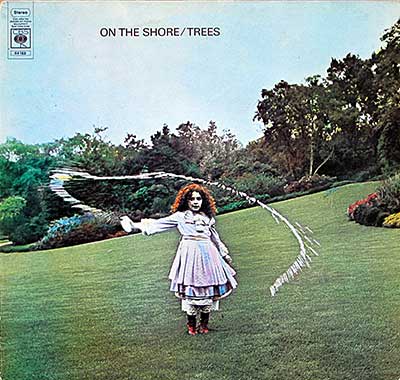In the fertile ground of the British folk rock scene of 1970, amidst the burgeoning popularity of bands like Fairport Convention and Pentangle, emerged a band called Trees. Their debut album, "Garden of Jane Delawney," stands as a testament to their unique blend of traditional folk melodies, psychedelic influences, and progressive arrangements.
Historical Context
The late 1960s and early 1970s were a time of immense musical experimentation in the UK. Folk rock, a fusion of traditional folk music with rock elements, was gaining traction, and bands like Fairport Convention were leading the way. Trees, with their distinctive sound, found their place within this vibrant and evolving scene.
Musical Exploration
"Garden of Jane Delawney" showcases Trees' eclectic musical sensibilities. The album seamlessly weaves together traditional folk ballads like "The Great Silkie" with original compositions that sound as if they could have been unearthed from centuries-old songbooks. The title track, a sprawling nine-minute epic, highlights the band's ability to blend intricate instrumentation with poetic lyrics.
Throughout the album, Trees effortlessly combine acoustic instruments like guitars, dulcimers, and flutes with electric guitars, keyboards, and a rhythm section that provides a solid foundation for their musical explorations. The result is a sound that is both rooted in tradition and open to experimentation.
Production Team and Studio
"Garden of Jane Delawney" was produced by David Howell and Tony Cox, two experienced producers who had worked with various folk and rock artists. The album was recorded at Sound Techniques, a renowned London studio known for its warm and natural sound. The combination of skilled production and a high-quality recording environment contributed to the album's rich and immersive sonic landscape.
Band Lineup
The Trees lineup on "Garden of Jane Delawney" consisted of:
Celia Humphris - lead vocals, guitar
Barry Clarke - guitar, backing vocals
Bias Boshell - vocals, guitar, piano
Unwin Brown - bass guitar
David Costa - drums, percussion
Each member brought their individual talents to the mix, creating a cohesive and dynamic unit. Humphris' ethereal vocals, Clarke's intricate guitar work, and Boshell's diverse musical abilities were the cornerstones of the band's sound.
